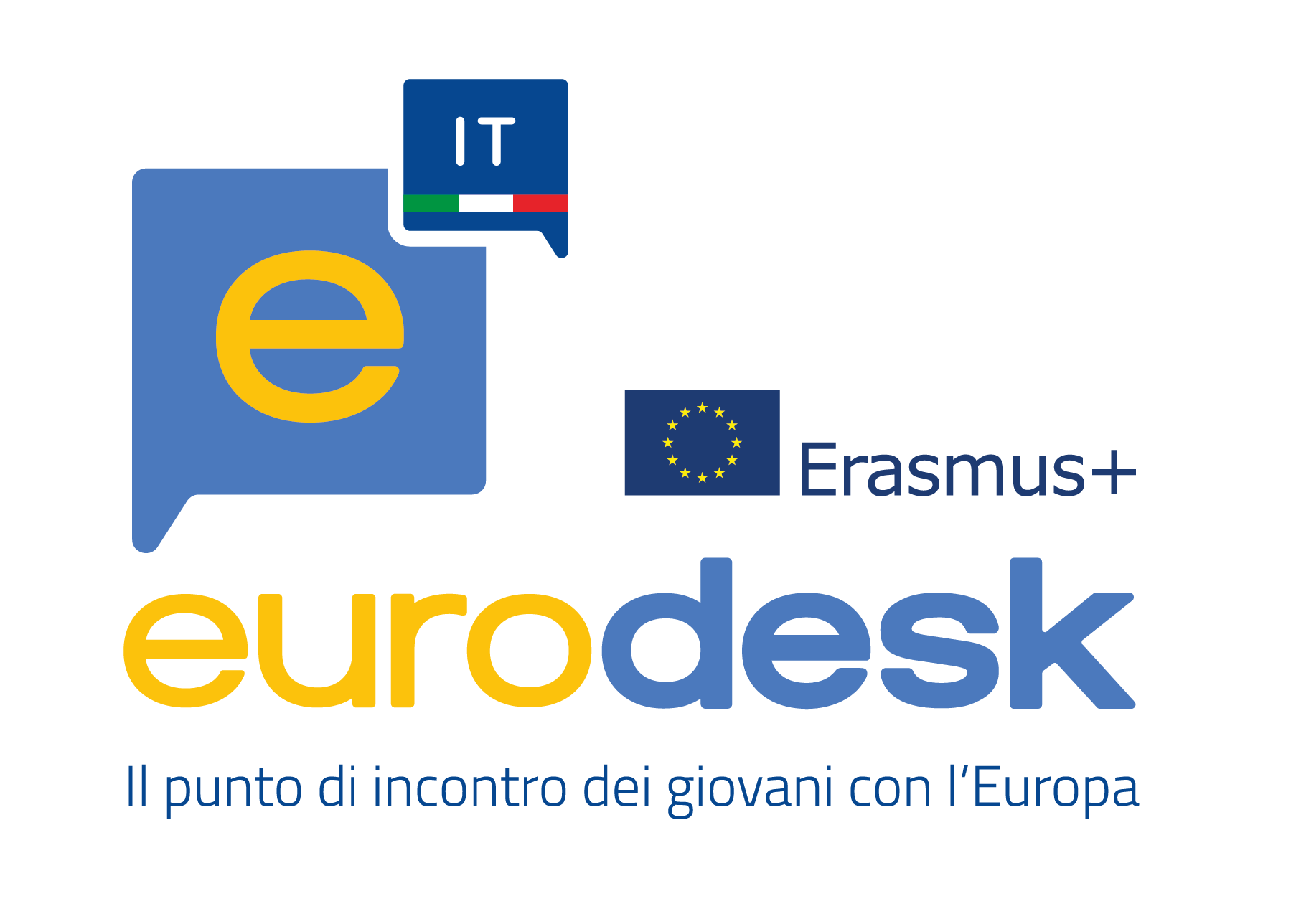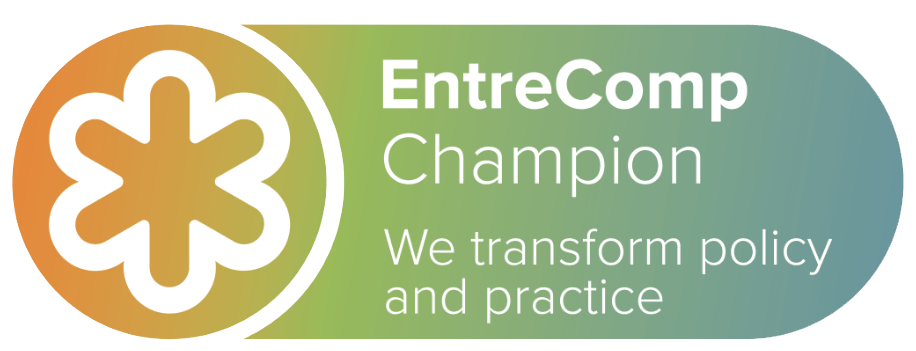In the most peculiar month of the year, the one that smells like summer times sadness and new beginnings, we all re-entered the office with a super great news: Materahub has been recognised as EntreComp Champion for the work done over the last 10 years in supporting the promotion and implementation of the EntreComp framework.
For the European Union, the development of entrepreneurial skill-set has been one of the key policy objectives of the last decade. According to the Union, the capacity to turn ideas into business creates shared values in society and permits us to act upon opportunities and ideas of this rapidly changing society, shaping the future for the common good. In this context, in 2008, the Joint Research Centre, in partnership with DG Employment, Social Affairs and Inclusion, published the The Entrepreneurship Competence Framework, establishing a common reference for initiatives dealing with entrepreneurial learning.
To better understand the importance of this framework, a milestone in the promotion of European professionals’ mobility and access to opportunities, we interviewed Gabriella Antezza – one of Materahub’s pillars who is an expert trainer, facilitator and training paths designer within entrepreneurship education.
Since the EntreComp framework was published in 2016, Gabriella got passionate about it and engaged in the research, exploration, implementation and application of the EntreComp framework

What is Entrecomp and why is it important?
First of all, let’s make sure we agree on what a “framework” is within the European educational context. To do that, we can take the most well-known Common European Framework of Reference for Languages (CEFR), which includes levels from A1 to C2 used by teachers, learners and certification bodies to structure educational syllabus, curriculum, teaching materials and to assess foreign language proficiency. Practically, this tool is a way of standardising the levels of language exams throughout Europe so that EU citizens can obtain certifications officially recognised in any EU country, which is essential when applying for jobs or schools around Europe.
Likewise several other EU frameworks, the EntreComp is a European reference document for entrepreneurial learning addressing aspiring everyone, from existing entrepreneurs, teachers, students, workers, and employees. Why everyone? Because the core assumption of the EntreComp is that entrepreneurship is a competence, as linguistic or IT competencies are. Precisely, it is defined as “the capacity to act upon opportunities and ideas to create value for others that can be social, cultural, or financial” through 5 enabling competencies needed to transform “ideas and opportunities” “into action” by “mobilising resources”.
This is tremendously innovative and also the most important switch that the Entrecomp have set:
being entrepreneurial is not only associated with starting or running a business for financial profits, but it is recognised as a concrete state of mind, and lifestyle, a proactive and resilient attitude in any spheres of life.
If you have an entrepreneurial mindset, you can achieve concrete personal and professional goals and become an active citizen of contemporary society by contributing to the social, cultural and economic growth.
To answer your question, the EntreComp is a key tool for anyone to discover, explore, experiment, train, develop, dare and reinforce one’s own entrepreneurial competences, intended as a set of abilities to face changes and uncertainties, to spot opportunities to create value for themselves and others by improving people’s lives, to be optimistic and innovative leaders by promoting effective teamwork and cooperation, to think critically and creatively.
How can it be used outside the EU projects?
Well, this is easy. Let me tell you how in 2016 I started using the EntreComp framework. Firstly, I introduced it in the training pathways I was developing for professionals of the Creative and Cultural Industries as well as young people interested in working in these sectors to support them in discovering their entrepreneurial mindset potentials and developing their skills. Then, I introduced its use in several other contexts and different targets, such as within physical education curricula for students and teachers at secondary and high schools or for disadvantaged groups, including migrants or women to boost their professional growth and even to support caregivers in their daily work. You might be wondering how all these different people and professionals may benefit from the EntreComp. Well, the answer is very easy from my perspective.
I am strongly convinced that we are all entrepreneurs, regardless of our age, educational or professional backgrounds or goals.
We often face problems we need to find solutions for, or find ourselves in uncertain circumstances that force us to analyse pros and cons to make a decision on what to do, or need to think of a “plan b” if we want to make sure we “survive” successfully to sudden changes or unpredictable situations. I could go on and on, but what I mean is that all this find-a-solution approach is about thinking entrepreneurially, being creative and innovative, thinking critically, planning ahead, assessing risks, making viable decisions for ourselves and the society we live in.
In Italian we say Che impresa! which literally means “what an “enterprise”” , in English this would be translated as “What a feat! that we use when we want to congratulate someone, who has achieved his/her goals with great courage, skills and perseverance. Well, I trust it is not a coincidence that the concept of “enterprising” is the core of this saying!
What is it missing to be really adopted?
I believe that what is currently missing in the EntreComp framework is a standard recognition process to assess and validate one’s own entrepreneurial competencies and I trust that the EU Commission itself is fully aware of it. Certainly, this is the most challenging aspect of any framework since it implies the identification and application of systematic validation criteria to collect scientific data. These criteria or standards are very difficult to determine for any kind of so-called “soft skills”, which includes the entrepreneurial ones, as opposed to the so-called “hard skills” such as linguistic or IT ones as mentioned before.
Currently, besides addressing the personal capability of mastering any of the EntreComp competences more and more autonomously, the EntreComp progression model is rather based on a self-reflection and self-assessment orientated process, which however does not lead to an official and standard validation system that could be applied throughout educational and professional systems of all European countries.
All bodies, experts or trainers like me using or testing the EntreComp as a supporting tool to encourage and transform entrepreneurial learning practices within and beyond their professional contexts or organisations, are committed to contribute to build and test a validation process for the EntreComp and Materahub has been awarded “EntreComp Champion” just because of this constant commitment.
The EU Commission is encouraging European bodies and organisations to structure, implement and test such a validation process for entrepreneurial competencies through several initiatives in various contexts as well, such as the Pact for Skills or the Microcredentials for instance.













